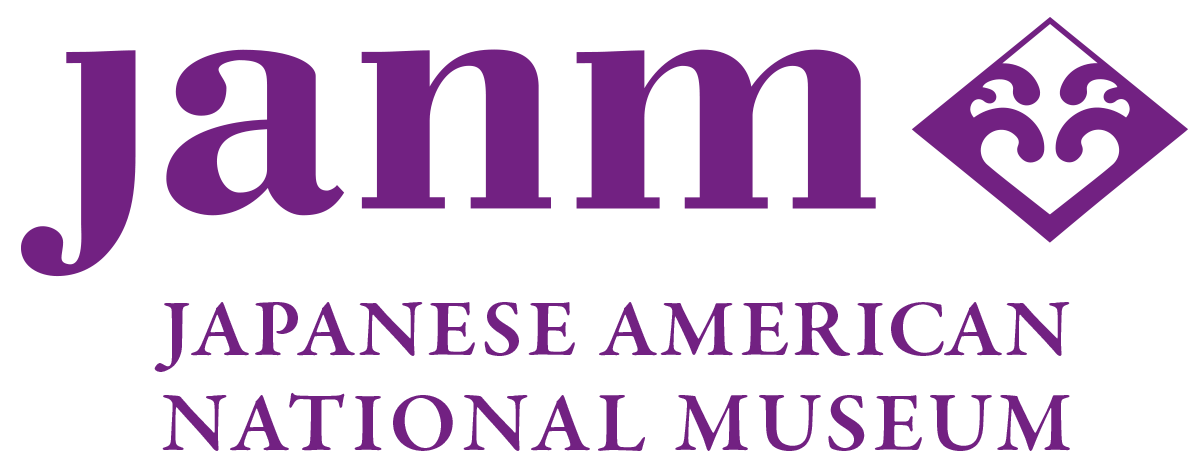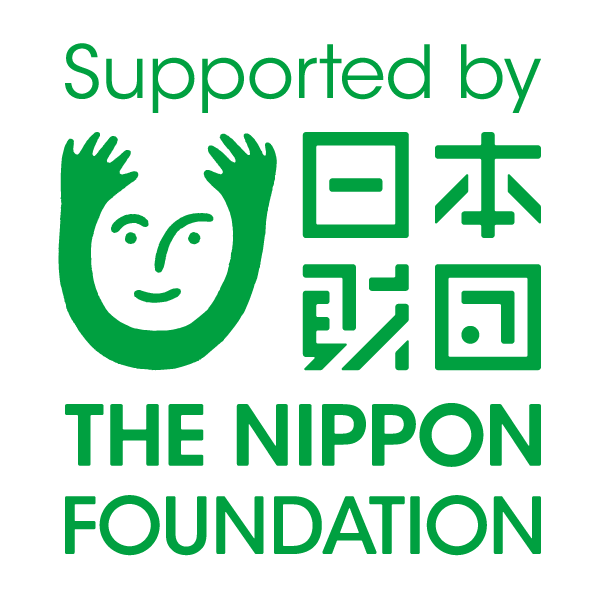Interview: JERO

|
||
| Licensing | ||
Enka singer in Japan. Born in Pittsburg, Pennsylvania. His African American grandfather married a Japanese woman.
This album introduces the following 15 clips from his interview on March 30, 2010 followed by his profile.
1. Interest in Japan stemmed from his mother and grandmother’s stories
2. Learning Japanese traditions by observing his mother and grandmother
3. Embraces his Japanese heritage
4. Never sang Enka outside the family
5. Coming to Japan
6. Dreamed of becoming an Enka singer
7. His clothes are part of his identity
8. Hopes everyone pursues their dreams regardless of race or heritage
9. Trying to convey the meaning of the songs
10. Nikkei Sansei
11. Considers Pittsburg his home, but always wanted to live in Japan
12. Singing the way I sing
13. “Harebutai”
14. Getting on Kohaku
15. The first concert in the United States
* Original interview clips were posted in the Discover Nikkei Interviews section.
Slides in this album |
|

|
Interest in Japan stemmed from his mother and grandmother’s storiesThey talked about Japan sometimes, you know they talked about all the things that they enjoyed to do in Japan. You know, my mother, she enjoyed going to watch samurai movies, and she still does watch samurai movies to this day. You know, it’s very reminiscent of her childhood and …
Jero Interview Clip #1: Interest in Japan stemmed from his mother and grandmother’s stories |

|
Learning Japanese traditions by observing his mother and grandmotherNot, you know, formally “this is how you do things”—you know, she would never actually pushed any Japanese culture on me—neither did my grandmother and, you know, it was just watching how, you know, my grandmother lived everyday life and the way my mother did things, you know, those are …
Jero Interview Clip #2: Learning Japanese traditions by observing his mother and grandmother |

|
Embraces his Japanese heritageI was actually proud of, you know, my Japanese heritage, I didn’t try to hide it from anyone. And, you know, if people would ask, you know, “Are you mixed” or do you have, you know, another, you know, nationality within you, you know, I would tell them, “Yes, you …
Jero Interview Clip #3: Embraces his Japanese heritage |

|
Never sang Enka outside the familyThat was something I didn’t do. Enka was something that I kept within my family. Just because, you know, it’s another type of music and it’s in another language. So even if I let, you know, my friends listen to it, they wouldn’t actually understand it. They wouldn’t…you know, they …
Jero Interview Clip #4: Never sang Enka outside the family |

|
Coming to JapanYou know, because I lived in Pittsburg my whole life, it was the first time I had seen so many people in one place, at one time. You know, going to places like Shinjyuku and Shibuya, Ropponji…just seeing so many people and getting on trains with so many people…that was …
Jero Interview Clip #5: Coming to Japan |

|
Dreamed of becoming an Enka singerIt was something I wanted to do, you know, since I was, you know, 5 years old. And I never thought I would have the opportunity—you know, because in the United States the word enka is not even, you know, known. So, you know, that childhood dream of mine, you …
Jero Interview Clip #6: Dreamed of becoming an Enka singer |

|
His clothes are part of his identityIt’s a part of who I am…you know, a lot of people think, you know, it’s a big gimmick or something, that…you know, you know…the people who are taking care of me, you know, want to do. But it’s a part of who I am…it’s—I don’t want to, you know, …
Jero Interview Clip #7: His clothes are part of his identity |

|
Hopes everyone pursues their dreams regardless of race or heritageI take pride in it, I think, you know, I am the first American enka singer, I’m the first Black American enka singer—I’m the first African American enka singer—you know, they have so many ways of saying it but, they all, you know, mean the same thing. And, you know, …
Jero Interview Clip #8: Hopes everyone pursues their dreams regardless of race or heritage |

|
Trying to convey the meaning of the songsWhen sing…I just feel like a basic—a human being—a lot of the music and a lot of the lyrics are very, very…human, and when I mean by that is they…they possess a lot of feeling and you know, whenever you hear these lyrics and whenever you hear someone sing them, …
Jero Interview Clip #9: Trying to convey the meaning of the songs |

|
Nikkei SanseiYou know, I just…it’s a…I feel like it’s…you know because I’m considered Nikkei Sansei, you know, third-generation Japanese, and you know, I think it’s…I think it’s a nice term, you know…you know, to embrace one’s own Japanese culture.
Jero Interview Clip #10: Nikkei Sansei |

|
Considers Pittsburg his home, but always wanted to live in JapanMy home, my home is Pittsburg…my home is, you know, my hometown is Pittsburg, but, you know, my…my life is in Japan. I definitely feel that way. Because in the…in the U.S., you know, I really wasn’t able to find my niche, as far as what I wanted to do, …
Jero Interview Clip #11:Considers Pittsburg his home, but always wanted to live in Japan |

|
Singing the way I singMy style—this so-called hip-hop style—really reflects the day to day me; the style that I feel represents me on a daily basis. I’ve tried to hold on to the Hip Hop image from since when I started performing Enka. When I try to explain why that is, it really comes …
Jero Interview Clip #12: Singing the way I sing |

|
"Harebutai"This song, yeah, when it first debuted, it seems obvious that it’s a story about my grandmother, but my mother was the one who raised me all by herself, though we didn’t talk very much about Japan, yeah. I’m pretty sure that there were a lot of painful memories. Even …
Jero Interview Clip #13: "Harebutai" |

|
Getting on KohakuI’ve been watching Kouhaku since when I was born in 1982, my relatives in Japan would unfailingly send me a video tape of the performance. My family and I would always get together and watch the video tape, and so I really feel that the program called Kouhaku is of …
Jero Interview Clip #14: Getting on Kohaku |

|
The first concert in the United StatesMore than any difference in the fans—naturally, in the states, I think, both Nikkei and Americans alike were there at the concert, so of course, being that it was my first performance in the United States, I was worried whether or not my voice would be understood by the audience, …
Jero Interview Clip #15: The first concert in the United States |

|
PROFILE: JeroJero (Jerome Charles White, Jr.) was born on September 4, 1981, in Pittsburg, Pennsylvania. His African American grandfather met his Japanese grandmother as a U.S. serviceman during World War II. They married and had a daughter, Harumi, and eventually moved to his grandfather’s hometown of Pittsburgh. Jero’s parents divorced when …
Jero (Jerome Charles White Jr.) |
 editor
editor
 Discover Nikkei Illustrations by Roxsy Lin
Discover Nikkei Illustrations by Roxsy Lin Nima-kai Traditions: Matsuri
Nima-kai Traditions: Matsuri Nima-kai Kodomo no Hi Traditions
Nima-kai Kodomo no Hi Traditions Nima-kai Hinamatsuri Traditions
Nima-kai Hinamatsuri Traditions Nima-kai Oshogatsu Traditions
Nima-kai Oshogatsu Traditions Nikkei Names: Writing Workshop in Gardena
Nikkei Names: Writing Workshop in Gardena Nikkei Names: Writing Workshop in Anaheim
Nikkei Names: Writing Workshop in Anaheim Nikkei Names: Writing Workshop in San Jose
Nikkei Names: Writing Workshop in San Jose Nikkei Names: Writing Workshop in Seattle
Nikkei Names: Writing Workshop in Seattle Nikkei Names: Writing Workshop in Burnaby, BC
Nikkei Names: Writing Workshop in Burnaby, BC
 Journal feed
Journal feed
